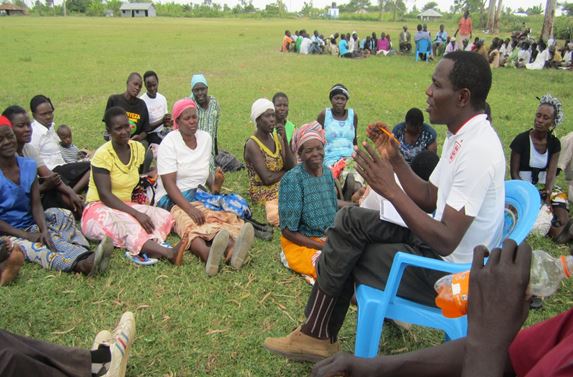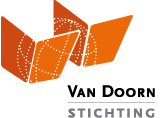The Van Doorn Foundation supports local organisations with an educational objective that want to make vocational training more accessible to the target group, but also to increase the chance of work after the training and thus increase the self-reliance of these young people.
This support may consist of providing funds:
- improving the quality of existing vocational training or starting new vocational training (purchase of teaching materials, machines and tools, etc.)
- subsidizing tuition fees for financially disadvantaged young people,
- adapting vocational training for young people with disabilities
- purchasing simple means of transport (bicycles) for students who cannot afford the transport costs to follow lessons and internships
- setting up internship programs and trajectories for learning-on-the-job
- making tools available so that young people can more easily find work or start their own business.
The Foundation will in principle not provide financial support to the construction of new schools or classrooms.
The main criterion to support local organisations is to improve the accessibility of vocational education for vulnerable and disadvantaged youth. Accessibility has primarily to do with the fees to be paid for vocational training. The amount of training fees to be paid will be an important criterion in assessing applications for project funding. Accessibility has also to do with availability of training centres. We also want to pay special attention to increasing employment opportunities by assisting local organisations in developing apprenticeship and internships for on-the-job training. This may facilitate access to the labour market. Providing tools in the form of a micro-credit is another possibility which allows young people to start up their own small businesses.
When assessing applications for project funding, we pay particular attention to:
- recognition and experience of the organisation
- availability of classrooms, workshops and instructors
- insight in the finances of the organisation (annual report)
- alignment with the objectives of the grant program
- alignment with our target group (vulnerable and/or underprivileged young people)
- project cost (and own contribution)
- feasibility and sustainability of the project
Grants for vocational education and informal vocational training have a maximum of € 5,000. Financing several small projects in succession for the same local organisation is a possibility.
The Foundation allocates annually € 40,000 for project funding, of which 50% will be available from its own resources and 50% from fundraising.
Grant agreements will be signed with local organisations, in which mutual obligations are defined, such as the funding commitment of the Foundation and the reporting obligations of the local organisation.
Targeted countries
The Foundation will focus its project-funding support on four countries in East Africa, namely Kenya, Tanzania, Uganda, and Zambia.

We keep our promises!
Once a year (in October) the received applications for project funding are reviewed.
More resources for the Foundation mean that we can fund more projects. More money does not mean that we suddenly start funding other kinds of activities or become more relaxed with our review criteria. You can be confident that your money will be spent the way we promised!
